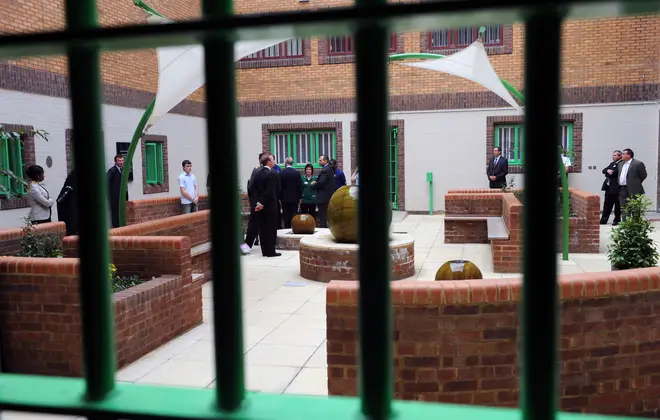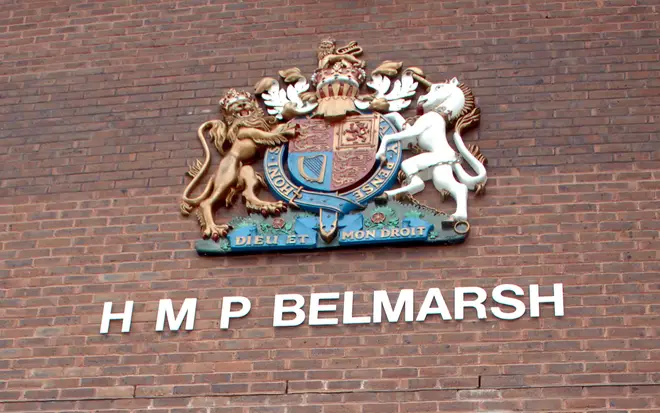
Nick Ferrari 7am - 10am
9 February 2021, 15:56 | Updated: 9 February 2021, 15:59

Members of the public will be able to watch some Parole Board hearings for criminals hoping to be released from prison, the Ministry of Justice (MoJ) has announced.
The MoJ's decision will end the blanket ban placed on public hearings and it is set to be introduced later this year.
Parole Boards assess whether offenders, including those serving fixed life sentences, can be freed from custody early.
However, the Board will also decide whether cases should be heard privately.
The MoJ added that "most" hearings will likely not be made public due to concerns over the sensitive nature of what is discussed, such as offenders' medical information, the sometimes graphic content of their crimes, and the potential impact on any victim's privacy.
Justice Minister Lucy Frazer said: "The government wants victims to be allowed to attend parole hearings if they wish, but we appreciate many would find a public hearing distressing.
"Our ongoing root-and-branch review will consider how to achieve victim attendance so that they can see first-hand how decisions have been reached in a comfortable and supportive setting."
Read more: UK's youngest terrorist avoids custody and handed rehabilitation order
Watch: 'Appalling' footage shows lorry driver using two phones behind wheel

Currently, hearings are held privately - usually in prisons - with victims and observers, including reporters, being given limited access in limited circumstances.
Those attending will not be entitled to intervene, ask questions of the witnesses or address the panel, the MoJ said, much like in a court setting, except where a victim is presenting their personal statement.
Inmates who have faced the Parole Board in recent years include Ian Simms, who was released from prison last year despite never saying where he hid the body of his victim, Helen McCourt, more than 30 years earlier.
Peter Dawson, director of the Prison Reform Trust said: "We are disappointed that the government has decided to press ahead with its plan for some parole hearings to be held in public.
"There is a clear expectation that the Board will only agree to public hearings rarely, however, and there is now a further process of consultation required to devise the procedural rules which will be needed to safeguard a fair process."